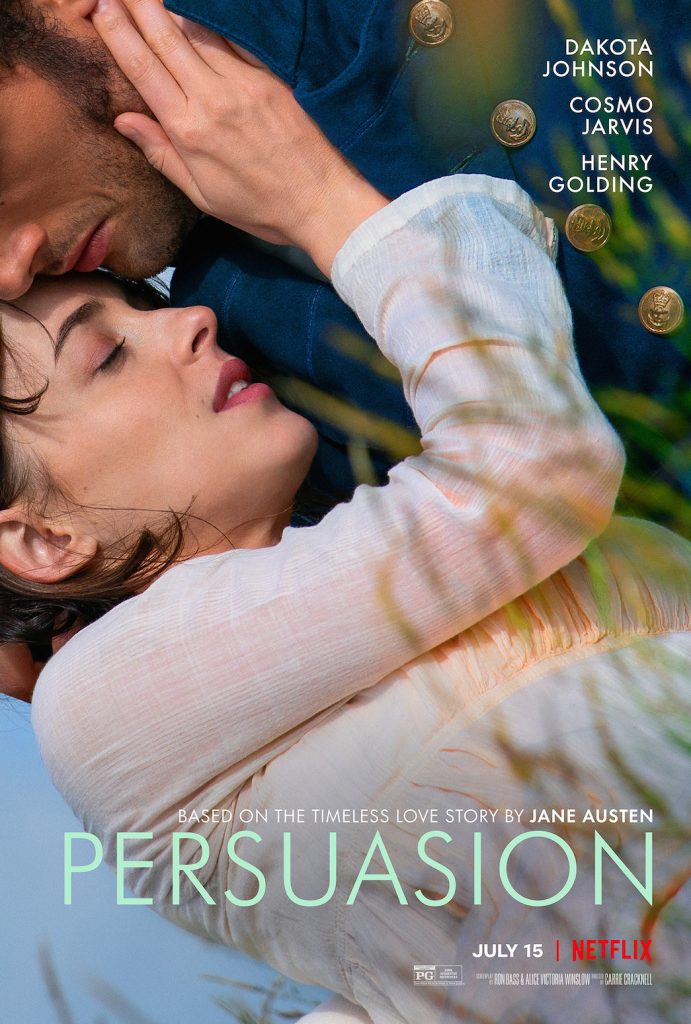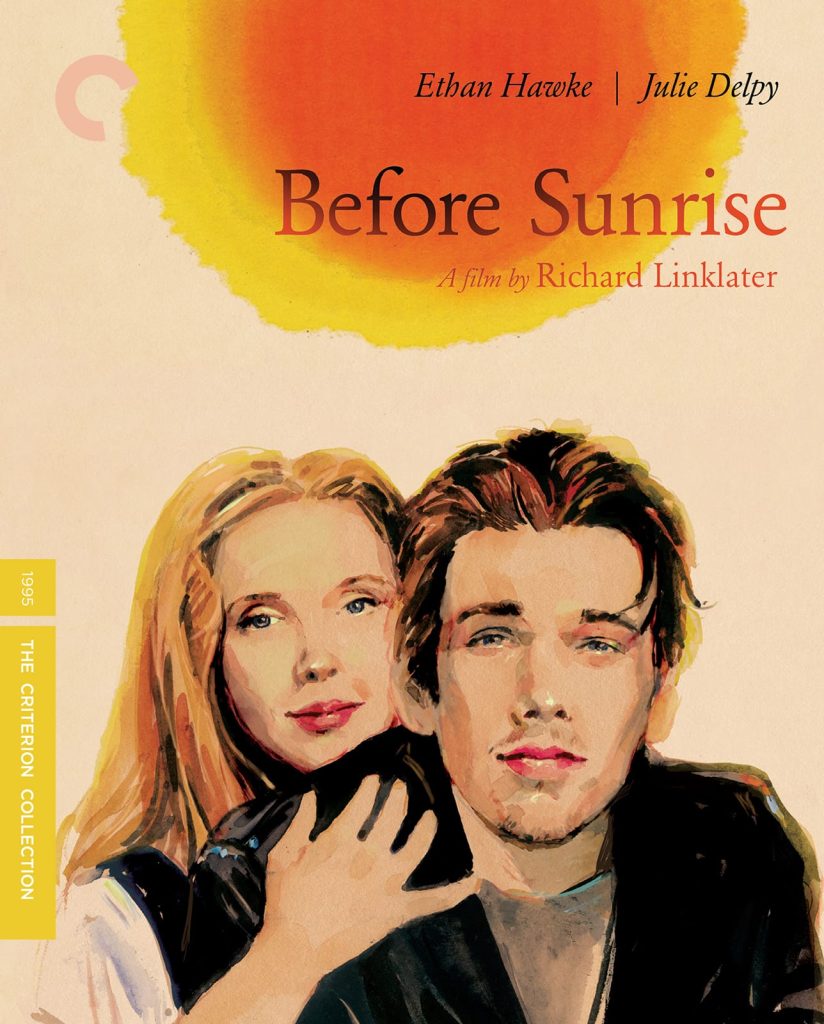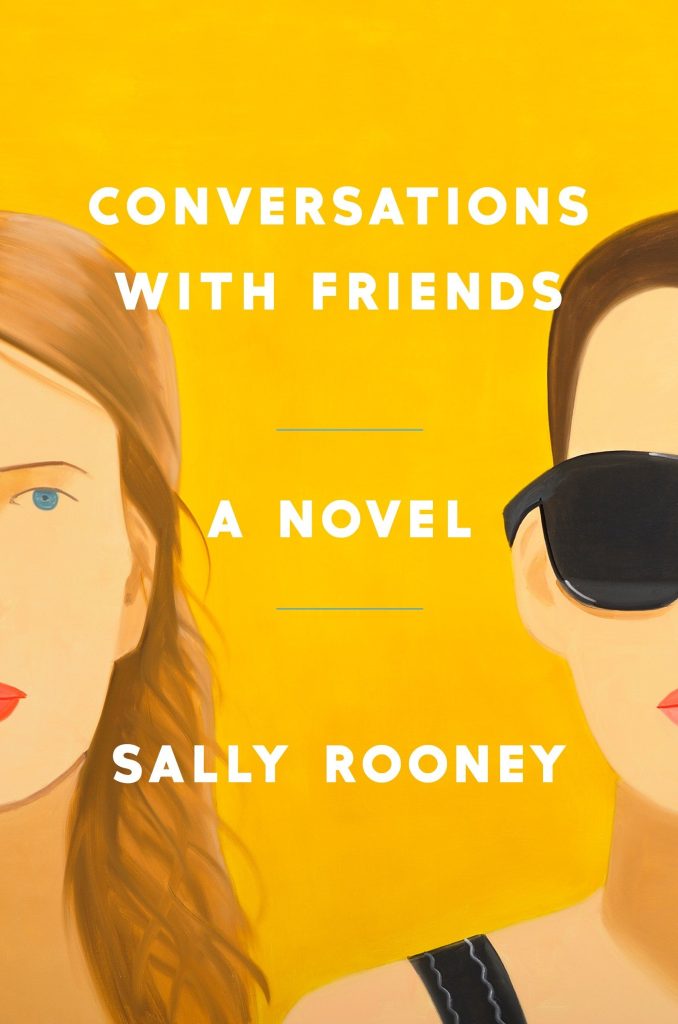What was it that Shakespeare said? “My kingdom for a decent adaptation of Persuasion?” Some versions have gotten close, but we’ve yet to land on a definitive take (unlike, say, Pride and Prejudice, which is done, now please leave it alone forever). The latest brave soul to take a crack at Jane Austen’s final novel is Netflix, who takes misinterpretation of the source material to soaring new heights in an adaptation that is not only just plain bad, but bafflingly off-base. And it seems that many of us have taken that personally. By now, plenty of hilariously dramatic thinkpieces have been written on the ways in which this version fails. But all the hubbub got me thinking: there have been plenty of terrible movie adaptations of beloved books before. Why is this one so offensive?
First and most obviously, it takes Austen’s most mature, melancholic, pensive work about lost love and regret and tries to jam it into the shape of a romantic comedy. Then there’s the questionable dialogue, which switches wildly between the 19th and 21st centuries without any rhyme or reason (there’s a scene where protagonist Anne Elliot’s sister asks her how she would dance to Beethoven. Anne: “Alone in my room, with a bottle of red.” Where is the Beethoven playing from, in this scenario? Her Spotify account?), and also has the subtlety of a sledgehammer (I particularly enjoyed the scene where the mustache-twirling villain Mr. Elliot fully lays out his dastardly plans to sabotage Anne’s father’s relationship in the style of a Bond villain—and Anne has no problem going shopping with him later). The romantic lead Captain Wentworth—who carries himself with a dignified, wounded pride in the novel—has the air of a boxer who has taken one too many hits, always seeming a bit dazed; I have a hard time believing this version of him could craft the iconic “I am half-agony, half-hope” letter.
Continue reading

